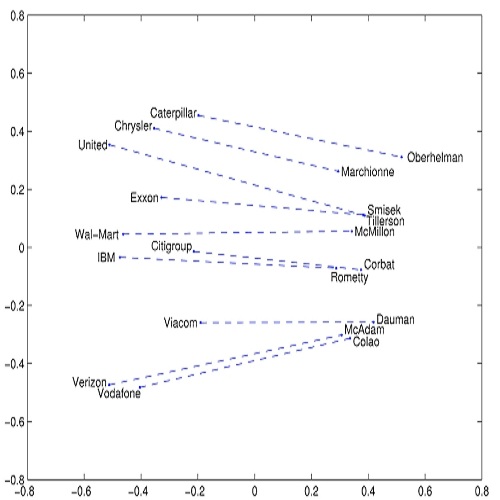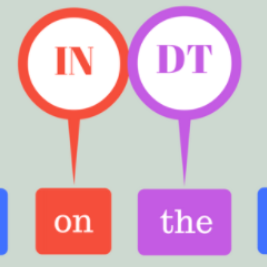Distributed representations of words encode lexical semantic information, but what type of information is encoded, and how? Focusing on the skip-gram with negative-sampling method, we found that the squared norm of static word embedding encodes the information gain conveyed by the word; the information gain is defined by the Kullback-Leibler divergence of the co-occurrence distribution of the word to the unigram distribution of the corpus. Our findings are explained by the theoretical framework of the exponential family of probability distributions and confirmed through precise experiments that remove spurious correlations arising from word frequency. We demonstrate that both the KL divergence and the squared norm of embedding provide a useful metric of a word's informativeness in tasks such as keyword extraction, part-of-speech discrimination, and hypernym classification.
翻译:暂无翻译





